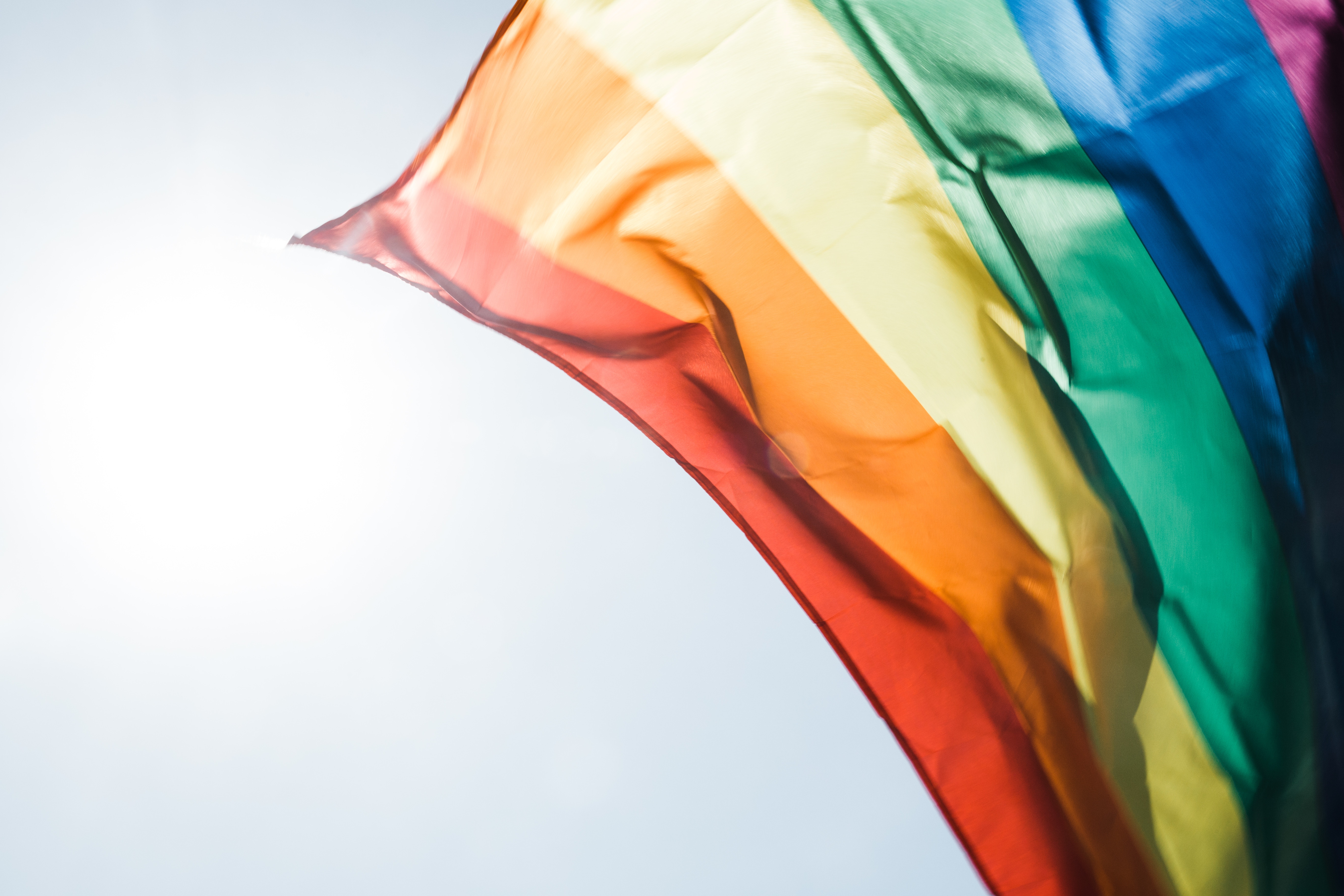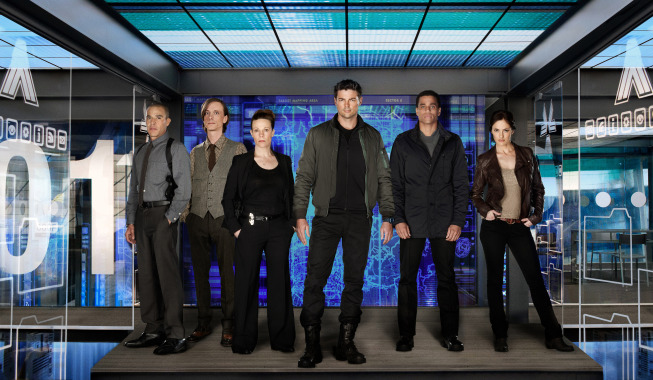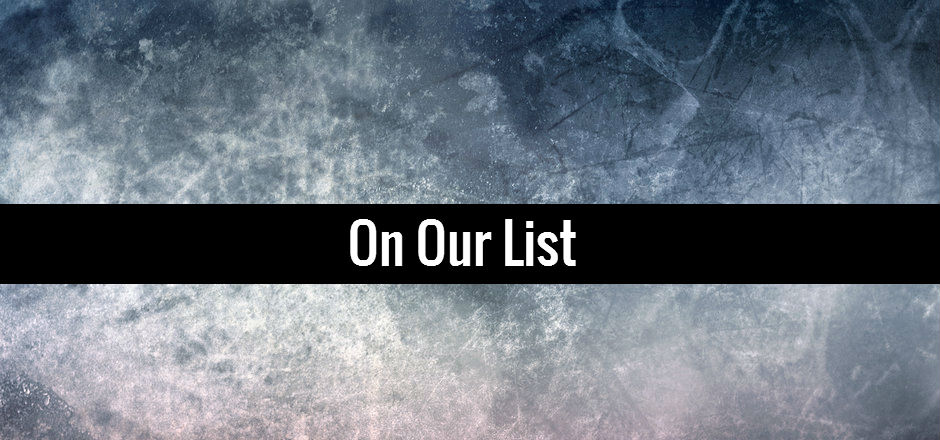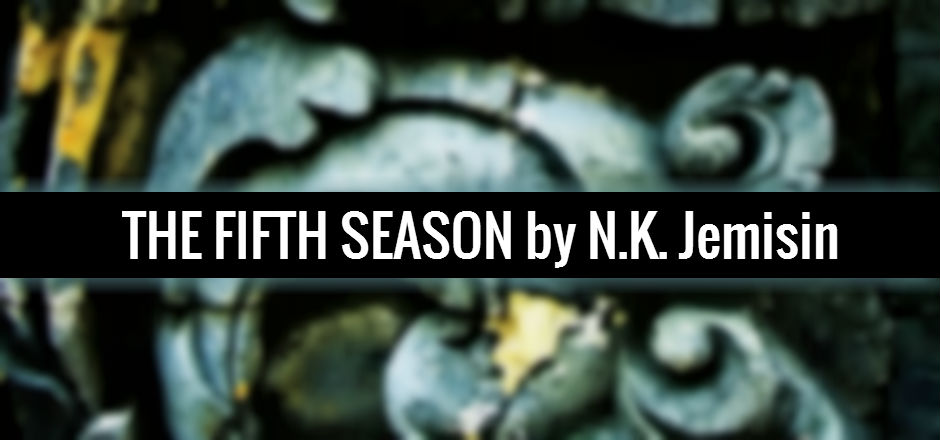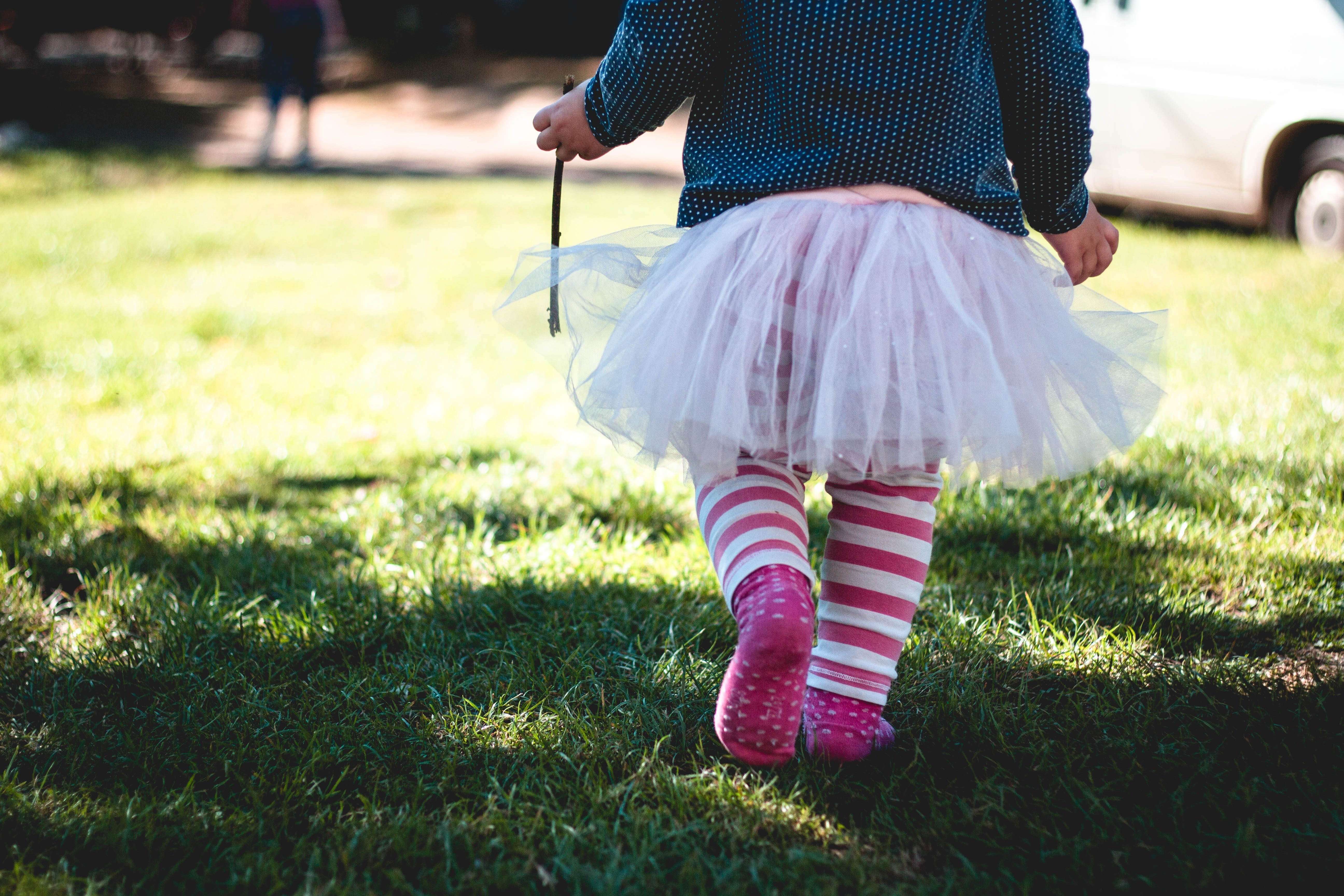Part Three: Womanhood
This is the third in a three part series. You may read the first part here, and the second here. Please note names have been changed to protect the identities of those discussed.
—
Have you started feeling like you’ve heard this story before yet?
Thanks to my dad, to Rent, and to Broadway, I had decided New York City was my omega. It was an absolute, and I would end up there whatever the circumstances. Before that, though, I had to finish high school, a queer teen with a flair for the dramatic balancing AP classwork, a turbulent home life, and a Musical Productions class where I made musicals about my friends and crushes and performed them to their faces. (Once, when a musical I’d written was selected to be performed in front of the entire class, I cast everyone as themselves — with the names changed, of course.)
Okay, what about now?
It was the spring semester of my senior year, and I had been accepted to New York University. I had made it. I was leaving the Midwest, and everything that came with it.
I was also leaving some of the people who’d been my non-fictional support systems: Cecilia, who’d been Princess Leia by my side since kindergarten, Dinah, still not depressed but maybe rocking sweatpants depending on the day, and the rest of our friend group. They were my rocks, and my first tattoo — a quote from our senior musical, memorialized just after my 18th birthday as I clutched Dinah’s hand in mine at Living Canvas Tattoo — was in their honor.
It was a couple of nights before our last day of school when I saw a special one-episode preview of a new show on Fox. It showed a group of starry-eyed high school first-years, misfits in one way or another, coming together to start a glee club at their Midwestern high school. I was infatuated. I think I cried when it ended, outcasts united by generic red t-shirts and Journey’s “Don’t Stop Believin’.”
I definitely cried when it ended.
I was leaving my support system, but just as Xenia and Alanna had gotten me through freefalls before, this show would come back in September right as I was settling into my new life in New York. It would get me through whatever came next.
It was called Glee, and it did.
College wasn’t a hard transition for me, nor was the semi-gargantuan move from Missouri to New York City. Despite having survived my first 18 years living in my head — torn between my own imagination and the pages, and later screens, that had made me who I was — I was comfortable living away from home. (In fact, I preferred it. Where I have little to no memory of life at home during high school, the memories from my dad’s, summer camp halfway across the country, and living in my college residences are many.) I was also comfortable around crowds and people I didn’t know, a more benevolent curse stemming from years of being paraded through my mother’s King’s Daughters, PEO, and sorority alumnae advisory meetings.
I joined that same sorority in college. Desperate, I bid on fatalism and mistook my learned comfort for belonging. Many of the women I met there were phenomenal, some of whom I’m still close with, but the more I came to grow into myself, the more clear it became that I was growing away from otherwise communal conventions, and in some cases, my peers themselves.
My mother had been so happy when I joined, she flew to New York to be in my initiation. She turned her nose up when our chapter went out to dim sum to celebrate, but was quick to post about the entire weekend on Facebook for everyone to see afterwards. (She would later try to move to New York City, an idea that never came to fruition.)
I also went to a Queer Union meeting. My high school hadn’t had any LGBTQ clubs, and now that I was in college and in college in New York City, I wanted to meet more people who were like me. Finally being in New York, it felt like I wasn’t just surviving anymore: I felt like I was allowed to thrive, and I wanted to do it with who I assumed were my people.
As it turns out, sharing a certain identity with someone doesn’t mean they’re your people. The L Word and all the movies I’d found online had taught me that all queer people hung out together, but the people at Queer Union used language I didn’t understand and they didn’t explain. They laughed when another new member shared that she was bisexual. They were self-assured to the point of aggression. I was so intimidated I never went to the LGBTQ Center as an undergraduate again, let alone another QU meeting.
But I had Glee.
It was unaggressive, heartwarming, and had pretty girls in skirts. One of its main characters was queer. And then two were. And then three. And then four, and then more. It also had the community I’d been looking for.
I had learned early on that, when I couldn’t find the community I was looking for in the world outside, I could find it online. The internet had been my modus operandi when I had been dating Mary, and had provided a safe space for me to – since my mother didn’t realize that, when she knew how to view search history, I knew how to clear it – find the resources I needed that I couldn’t get at home or at school.
The show was a perfect storm of (queer) self-discovery and natural common interests, and I had never experienced so many queer people in one place before. The people I met online in Glee fandom are the people who, to this day, are some of my best friends. We came out together. We’ve been through estrangements together. We’ve vacationed together. We’ve been there for breakups, first dates, and one wedding.
Like the women in my life before them, they were my survival. And this time they were real.
It’s a well-known proverb that there is no one who hates Glee more than the people who used to love Glee, and it’s true. The show devolved at a fast and furious rate and, especially for queer people, gave a lot more airtime to unhealthy relationships than to healthy ones. Before it did though, it had become a zeitgeist, even with its unapologetic queerness. It was that exponential cultural dominance that gave so many of us the permission to not only acknowledge our own identities, but to begin to claim them.

Photo by Gaelle Marcel on Unsplash
I didn’t have to like boys. I’d never had to, but I had never known that was an option. I came out to my friends, my dad, and his girlfriend the summer after my first year of college.
I was gay, and that was that.
—
Acknowledging, accepting, and owning my queerness was liberating.
While I’d had cornerstones in the women of my youth, none of them – not even Xena, despite her relationship with Gabrielle – had been explicitly queer. The older I got, the more my queerness rose inside of me, a brightness I couldn’t stifle, but whose tint I had tried to change nonetheless. I’d seek out media about queer women, hoping it would light my way as had Arwen and Usagi, but it was harder to find than “normal” stories about women, which were already in short supply, and I was always glancing behind me, worried someone would see it and assume I was gay.
I was worried someone would see me and assume I was exactly what I am.
Saying the words “I’m gay” aloud changed almost everything in my life, which is part of why I had been scared to say them for so long. It was acknowledging the fact, sure, but it was also giving it power: power that would change my life, and change the world into something that wasn’t made for me.
But it also gave me the power to be unafraid of claiming it. I blazed through list after list of LGBTQ movies about women. I kept wanting more, the speed at which I moved through film after film speaking to how little resonance the characters had with me. I didn’t find my new saviors, only mostly sad stories where women died, or decided they wanted men — or a comfortable life in contemporary society — more than the same liberation I’d found for myself.
I watched so many of these movies so quickly that I couldn’t process them, either.
—
The first long-term relationship I had with a woman was with someone I met online, through Glee fandom. We were both in college, and she lived in the UK to my New York. We dated for six months.
The second was with Megha, a woman with whom I went to college, and met through a mutual friend. We had a three and a half year relationship that went from my practically living in her residence hall with her to our maybe seeing each other every couple of months after she moved to another state first for graduate school and then to live back home. She was in the process of reconciling her racial identity with her sexuality, and had conservative parents to whom she planned on never coming out.
Megha had told me this before we started dating. In the tradition of Arwen and Aragorn, and almost every lesbian movie I had ever watched, I thought this was romantic.
Megha is a good person. I just don’t think that, in the end, we were good for each other.
When we were together, I thought, for all our breakdowns, near-breakups, and my lying about the most essential part of who I was while frantically tearing down all the Valentine’s decorations I’d set up for Megha as a surprise one year because her sister had come into town unexpectedly, we were living the lesbian dream.
If this was what they made movies about, what else was there?
—
As I entered adulthood, stories about queer women became more prevalent. Orange is the New Black and Orphan Black started the year I graduated college. The 100 debuted the year after, and went on to introduce Commander Lexa, who, for me, was every woman I had ever idolized as a girl… Except this time, actually gay. Pretty Little Liars and Grey’s Anatomy were in full swing. American Horror Story was giving us at least one queer woman with every new story, if not more.
Unfortunately, all of these spelled disaster for queer women, on top of plenty of other problems, too. As a woman who loves women, I felt like I had been given visibility I’d never known before, and the feeling was incredible. But it came with a cost, a constant barrage of reminders that just because I’m here and just because I exist, it doesn’t so follow that I deserve too, or carry the same worth as my straight peers.
I think a lot about growing up loving monstrous women like Xenia and Maleficent and the way my apotheosizing thereof affected my own relationship with my mortality. Their coding as villainous impacted my own self-image, but it also offered a buffer: their deaths, despite my laments, were valid in their narratives, understandable, and ultimately less harmful because they were evil. They did bad things.
Had I not come out when I did, or had I grown up later, with Lexa undoubtedly my first idol, what would I had learned then? The queer women killed in media today, for the most part, aren’t villains. They’re people. Mostly good people. Some are heroes. But still, they die with an almost systemic rigor that I don’t know I would have survived as a child.
(Even in the instances where queer women haven’t died, their relationships are so unhealthy that, for someone developing their own sense of queer self, it can’t help but feel like the best case scenario is one not unlike that which was mine for several years: settling for if not actively seeking out unattainable or unfulfilling relationships, because that’s all they know. Because they think that’s romantic.)
I’ve learned, through my relationship with Megha and in the years to follow, that those relationships aren’t desirable or healthy. I learned what was okay alone, and I learned what was okay in public. I learned how to question whether or not I was safe in public, alone or with a partner. I learned how to fight and make up.
But some things I still haven’t learned.
It’s a regular reminder from my therapist that “it’s okay to talk about your feelings. It’s okay to have them.” To have feelings – and to express them through words or even tears – does not invalidate being a strong woman. And when queer, strong women are struggling to merely survive, they don’t have time to acknowledge whatever they’re feeling. Coupled with the fact that I was raised by a mother whose entire life hinged on appearance, I’m not sure I ever had a chance.
But I’m learning.
—
I’m grateful to be in a place now where I’m able to understand both myself and the sociocultural forces shaping media and the depictions I see of myself playing out there. I’m able to identify with Commander Lexa, lionize her the same ways I did Kel and Alanna, but compartmentalize her death. I’m able to watch Orphan Black and acknowledge the power dynamics that make Cosima and Delphine’s relationship suspect. I’m able to watch the trailer for Atomic Blonde, read a synopsis and weigh the pros of visibility against the cons of another queer body, and then step back in the interest of self-care.
I’m also grateful to be in a place where I can finally afford to weigh visibility against self-care. Coming into myself, I devoured lesbian film after lesbian film despite their ending; starving, I wasn’t going to turn down even the tiniest scrap. Now, in my late 20’s, I’m seeing the increased visibility of the years prior blossom into increased, positive visibility. 2015 brought us Carol, 2016 brought us San Junipero and E. K. Johnston’s phenomenal Ahsoka, 2017 brought us Lena Waithe’s standout Master of None episode “Thanksgiving,” and 2018 has given us Hayley Kiyoko’s Expectations, Janelle Monáe’s Dirty Computer, and Duck Butter.
Monáe and Waithe aren’t just standouts, either; they’ve allowed for critical increased visibility for queer women of color, just as Ava DuVernay and Ryan Coogler have given children, queer or not, the opportunity for their own childhood role models who look like them. The fact that I have been able to survive on the media I have is in large part because of my whiteness and my cisness, and it’s not something to be taken lightly, or to go unnoticed. For Monáe, Waithe, DuVernay, and Coogler, I am exceptionally grateful.
—
I haven’t seen my mother in seven years. We became estranged the summer after my sophomore year of college, and it’s an estrangement I’ve actively chosen to maintain.
For some of the most fundamental years of my life, she was the only woman I knew. She told me I was her world as she dressed me up, took me out, and curated my email inbox.
When I was 20, she told me to leave her house and never come back.
Somewhere, sandwiched between those two decades, she told my dad she was scared I would “end up gay.”
I have a lot of incredible women in my life now, and they’re women to whom I’m forever indebted. I have more than my fair share of maternal figures, too, women to whom I wish “happy Mother’s Day” every year and very much mean it.
But I can’t reconcile the idea of having a mother. In retrospect, I don’t think I ever did.
I had someone who fed me and looked after me while my dad was at work, and someone who tucked me in at night. But survival is more than just food and shelter.
When young people are developing an identity for themselves, they pull in what they see in others, traits and actions and behaviors that stand out to them. I owe my survival the women who made me who I am today, first as a girl, then as an adolescent, and finally as a woman. I owe my survival to warrior princesses, women who ride like men, Japanese schoolgirls, and even a villain or two. I owe my survival to countless more women, some from books, some from the screen, and some from the stage, several of whom are mentioned here, and many of whom aren’t. I honor them through my actions, my words, and through a sleeve tattoo made up of symbolic representatives thereof.
On my opposite arm is a quote about renowned shieldmaiden Éowyn of Rohan, a woman I couldn’t reconcile until I had reconciled myself. Of her, Tolkien writes “And then her heart changed, or at least she understood it; and the winter passed, and the sun shone upon her.”
I regret that it couldn’t happen sooner.
In the center of my sleeve, though, is one tattoo that isn’t like the others. It’s the exception.
It’s for my dad.
Thank you.
—
Author’s Note: Megha’s alias and the description of her given circumstances have been updated to best reflect her identity and sociocultural contexts.
—
Resources for LGBTQ youth can be found at GLAAD, GLSEN, The Trevor Project, and many other places; GLAAD has a much more comprehensive resource list on their website.
Photo by Peter Hershey on Unsplash
[coffee]
